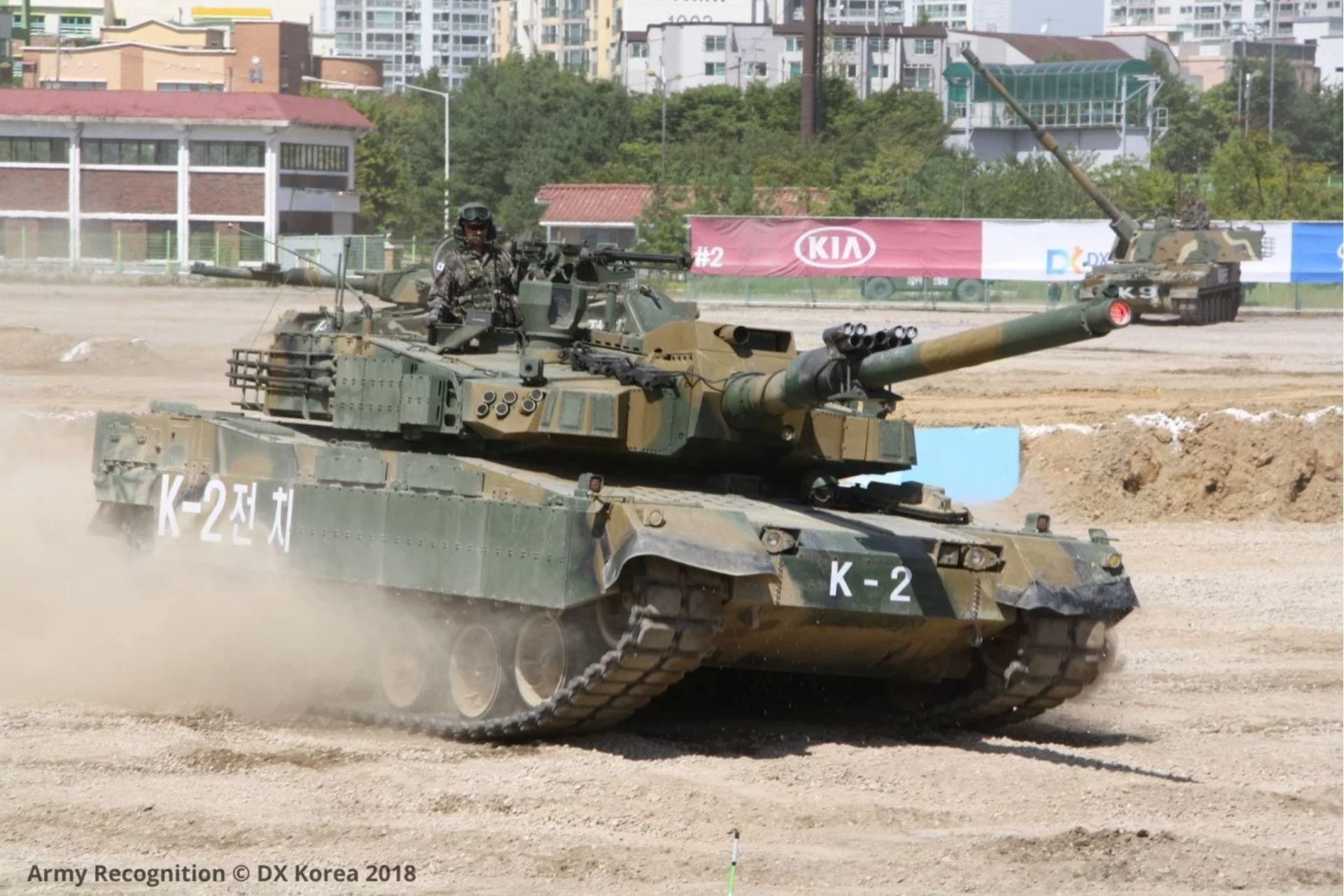Breaking News
North Korean Cyberattacks: Theft of Sensitive Data on South Korea's Military Capabilities Including K2 Black Panther and SIGINT Aircraft.
South Korea's national security has recently been put to the test by a series of alleged cyberattacks orchestrated by North Korea, aimed at obtaining sensitive technical information on the South's strategic military equipment. According to the ruling People Power Party (PPP) in South Korea, these attacks have enabled the North to acquire crucial data regarding the K2 Black Panther tank and the SIGINT/ELINT aircraft used by the South Korean Armed Forces. This data breach could jeopardize the surveillance, reconnaissance, and defense capabilities of the South Korean military, as confirmed in an official statement from the party.
Follow Army Recognition on Google News at this link

The PPP disclosed that "presumed North Korean forces" had accessed sensitive data on South Korea's Baekdu and Geumgang reconnaissance aircraft and the K2 Black Panther tank, compromising key military intelligence. (Picture source: Army Recognition)
The PPP revealed that "presumed North Korean forces" had accessed sensitive data related to the Baekdu and Geumgang signals intelligence and reconnaissance aircraft, which are essential for monitoring North Korean activities along the border. In addition, technical information on the K2 Black Panther, the main and most advanced battle tank of the South Korean army, was also stolen. This tank, designed by the Agency for Defense Development and manufactured by Hyundai Rotem, is at the core of South Korea's armored capabilities, with approximately 260 units in service and 150 more in the pipeline. The K2 is equipped with a 120mm autoloading main gun, advanced composite armor, and active protection systems (APS), making it a critical asset for South Korea's ground defense.
Alongside the K2 data, the cyber attackers also stole information on the Baekdu and SIGINT/ELINT Geumgang reconnaissance aircraft, which are militarized versions of the Hawker 800XP, in service since 2002. These aircraft play a fundamental role in gathering intelligence on North Korean signals, contributing to South Korea's national security. The theft of this information comes at a critical time, as South Korea is modernizing its Baekdu fleet in a project led by Korea Aerospace Industries (KAI), valued at approximately $640 million, which aims to convert four additional Dassault Falcon 2000LXS jets into advanced reconnaissance aircraft.
These data breaches represent a major test for South Korea's cybersecurity, as they involve crucial information related to communications, surveillance, reconnaissance, and terrain detection. These military capabilities are essential for national defense, and their compromise by North Korea poses a serious problem for Seoul. The PPP has expressed concern over the growing threat of North Korean cyberattacks aimed at stealing critical technologies from the national defense industry, highlighting the urgent need to strengthen cybersecurity measures.
The recent incidents of data theft, particularly concerning the K2 Black Panther and the Baekdu-Geumgang duo, are part of a recurring pattern of cybersecurity violations in South Korea. Last April, North Korean cyber agents infiltrated the networks of ten South Korean defense material manufacturers, while a civilian employee of the Defense Intelligence Command leaked a classified list of South Korean military intelligence agents to North Korea in another similar incident. These repeated incidents have raised doubts about the effectiveness of South Korea's cybersecurity and the management of sensitive defense-related information.
In response to these growing threats, the PPP and the main opposition party, the Democratic Party, have introduced bills aimed at improving the national cybersecurity structure in the previous National Assembly. However, these initiatives have not advanced, as the parties differ on which agency should oversee these efforts. In its recent statement, the PPP called for a swift revision of criminal legislation to protect national interests, stressing the urgency of legislative action to strengthen defense against cyberattacks.


























